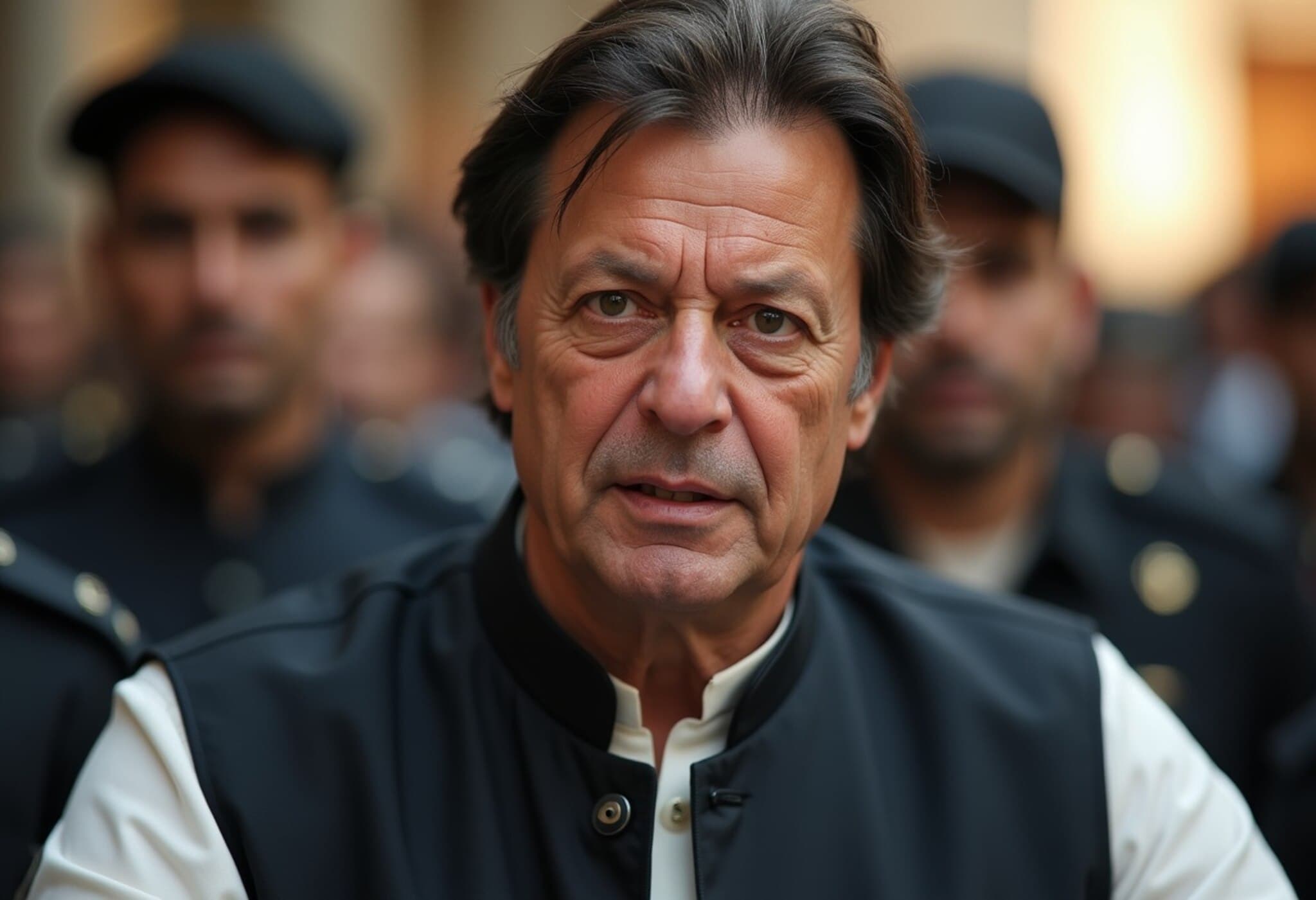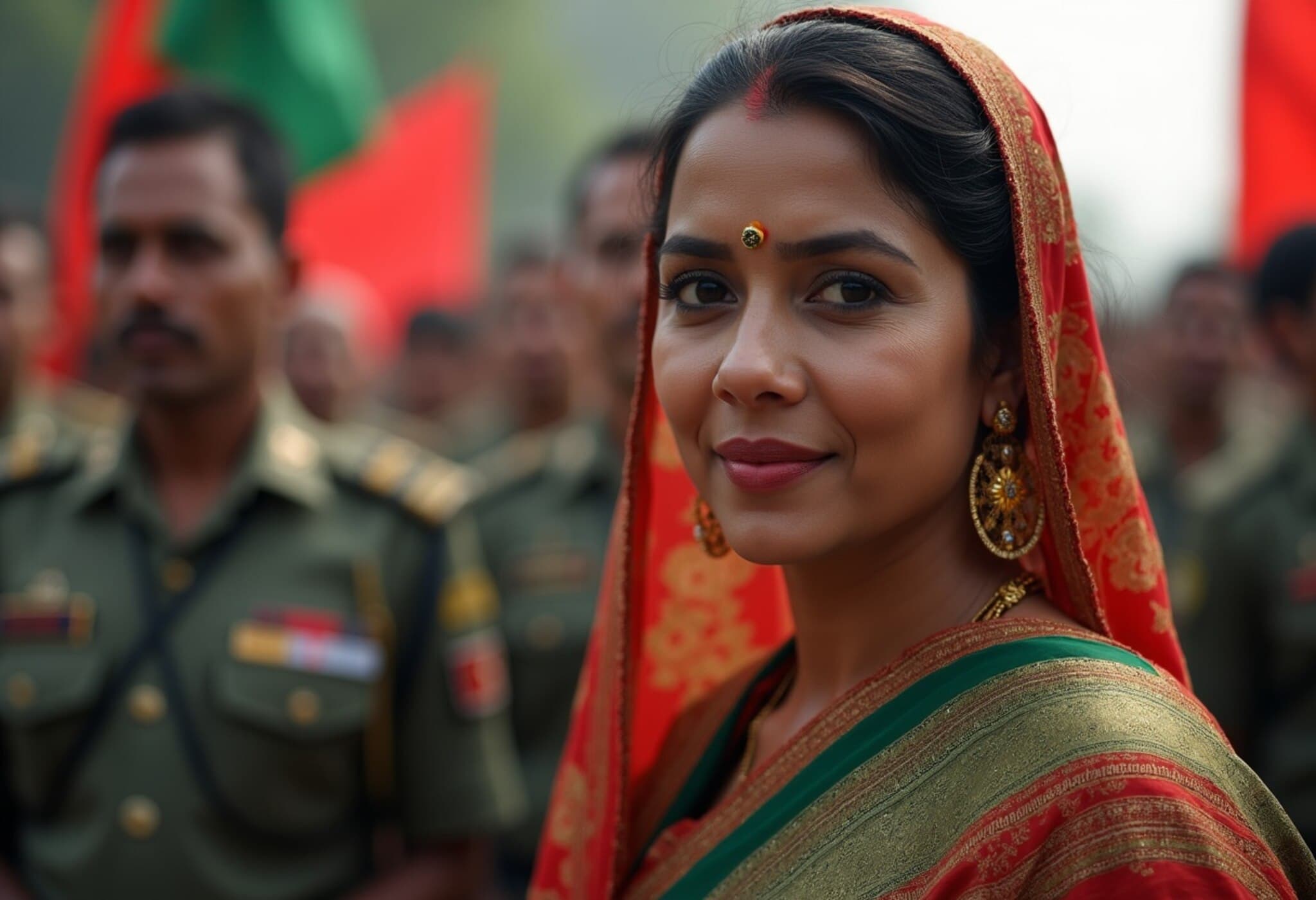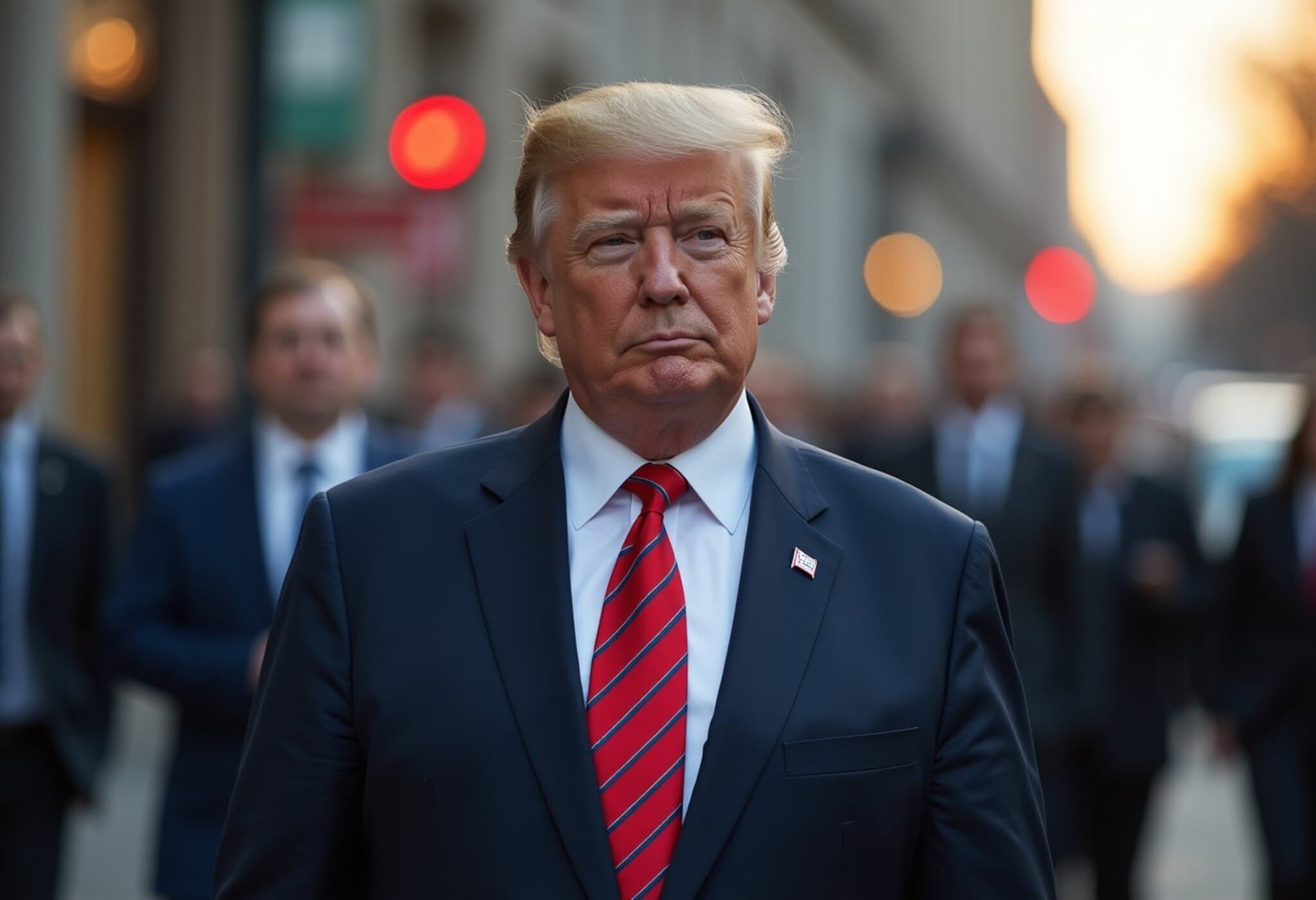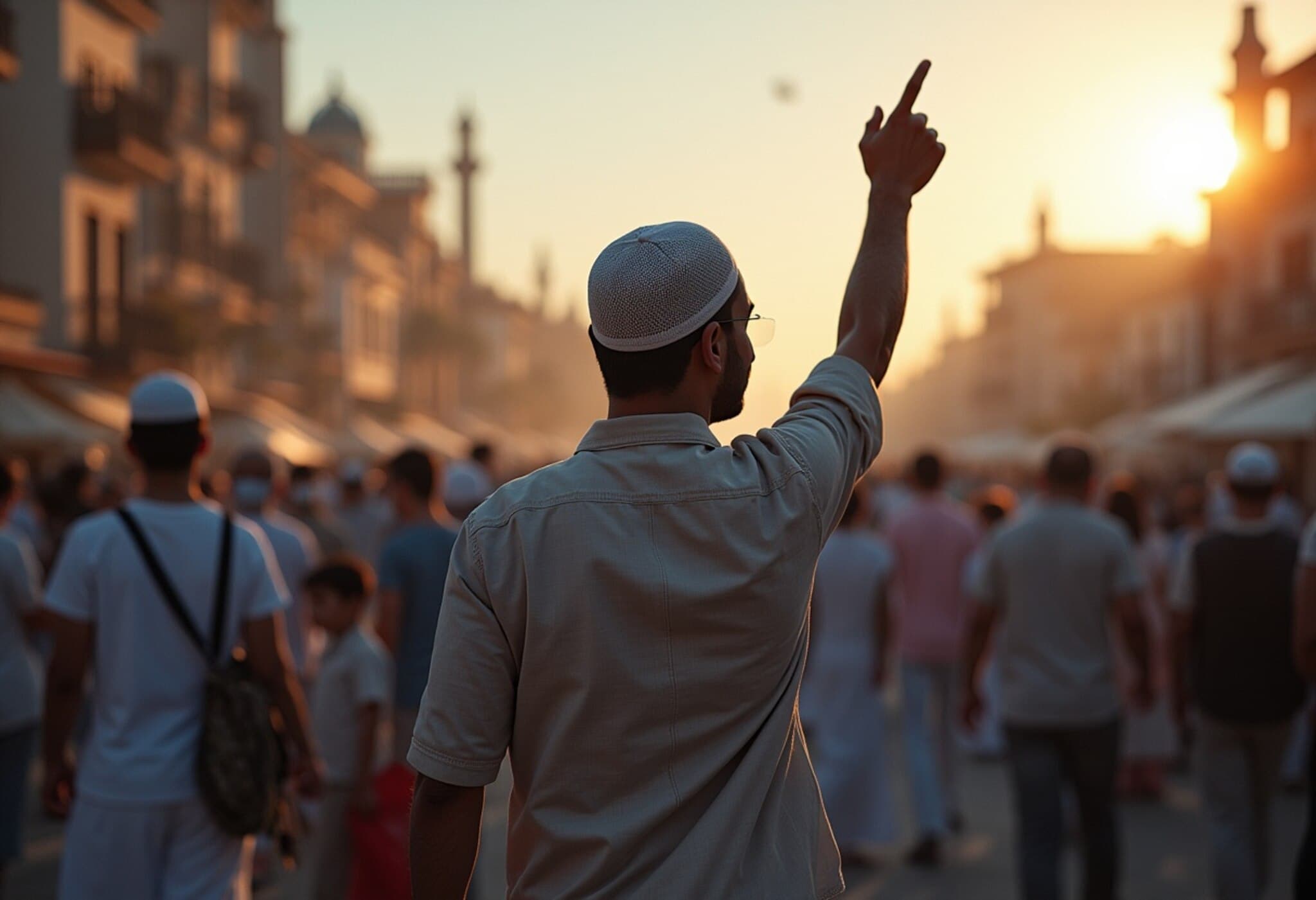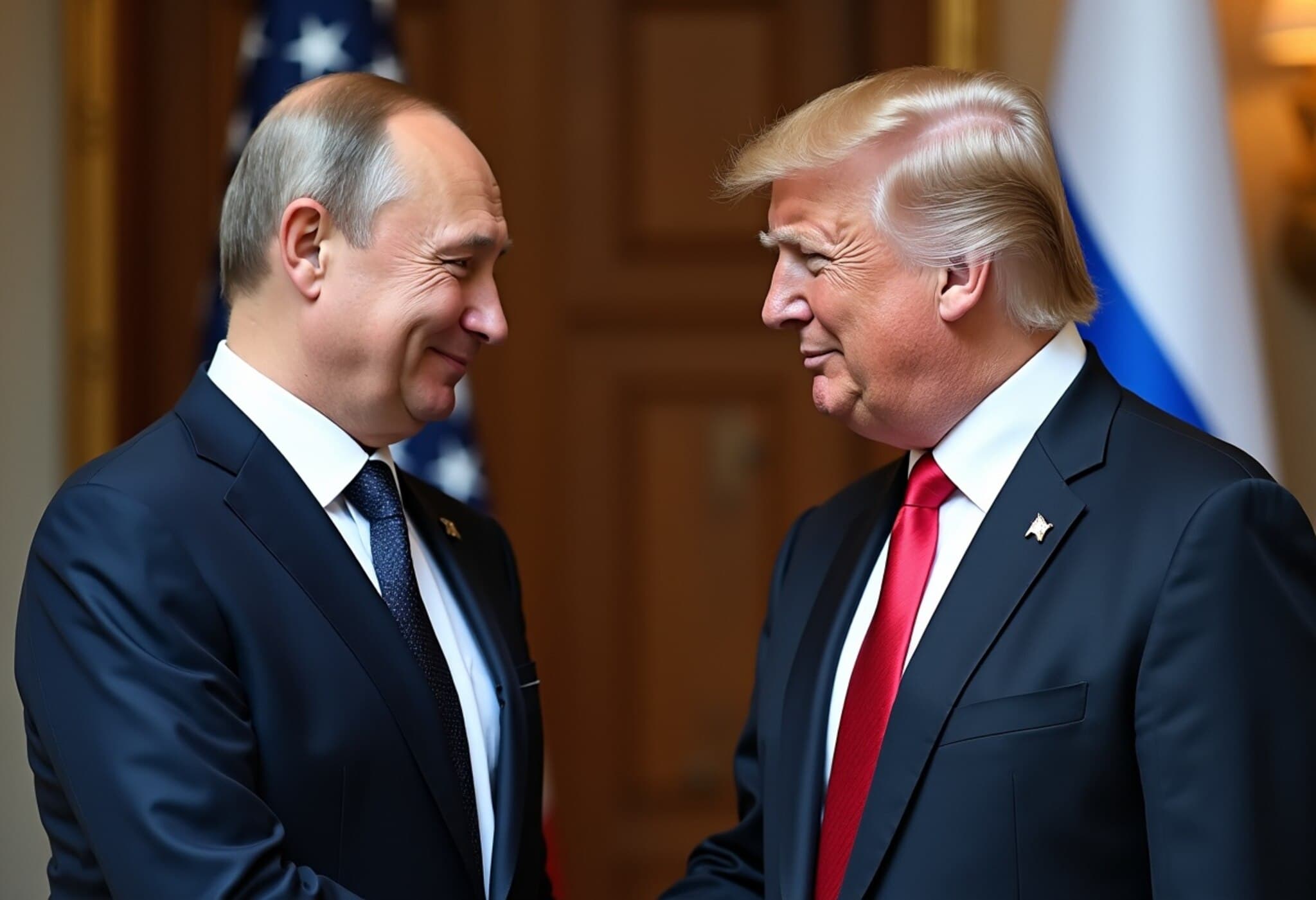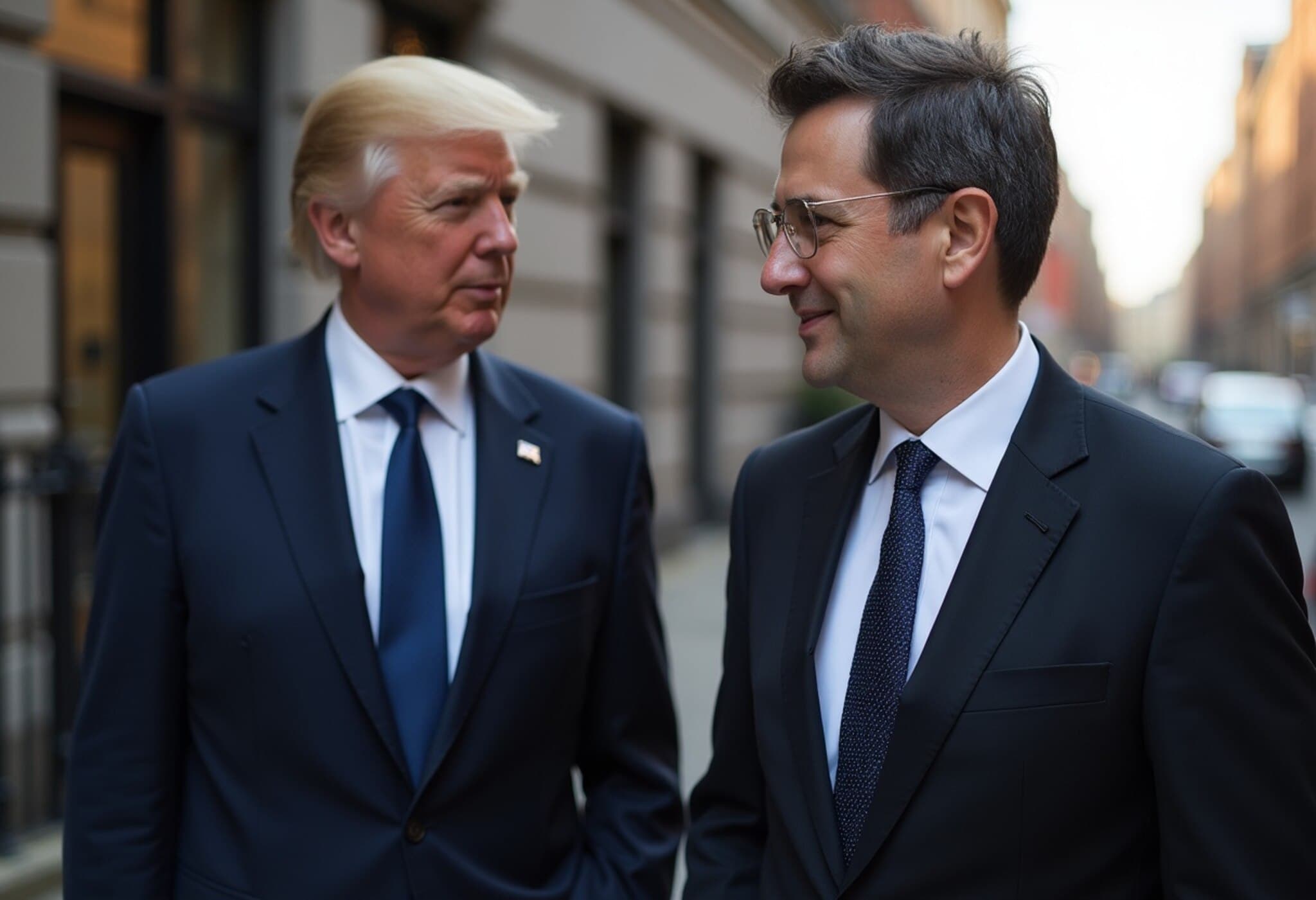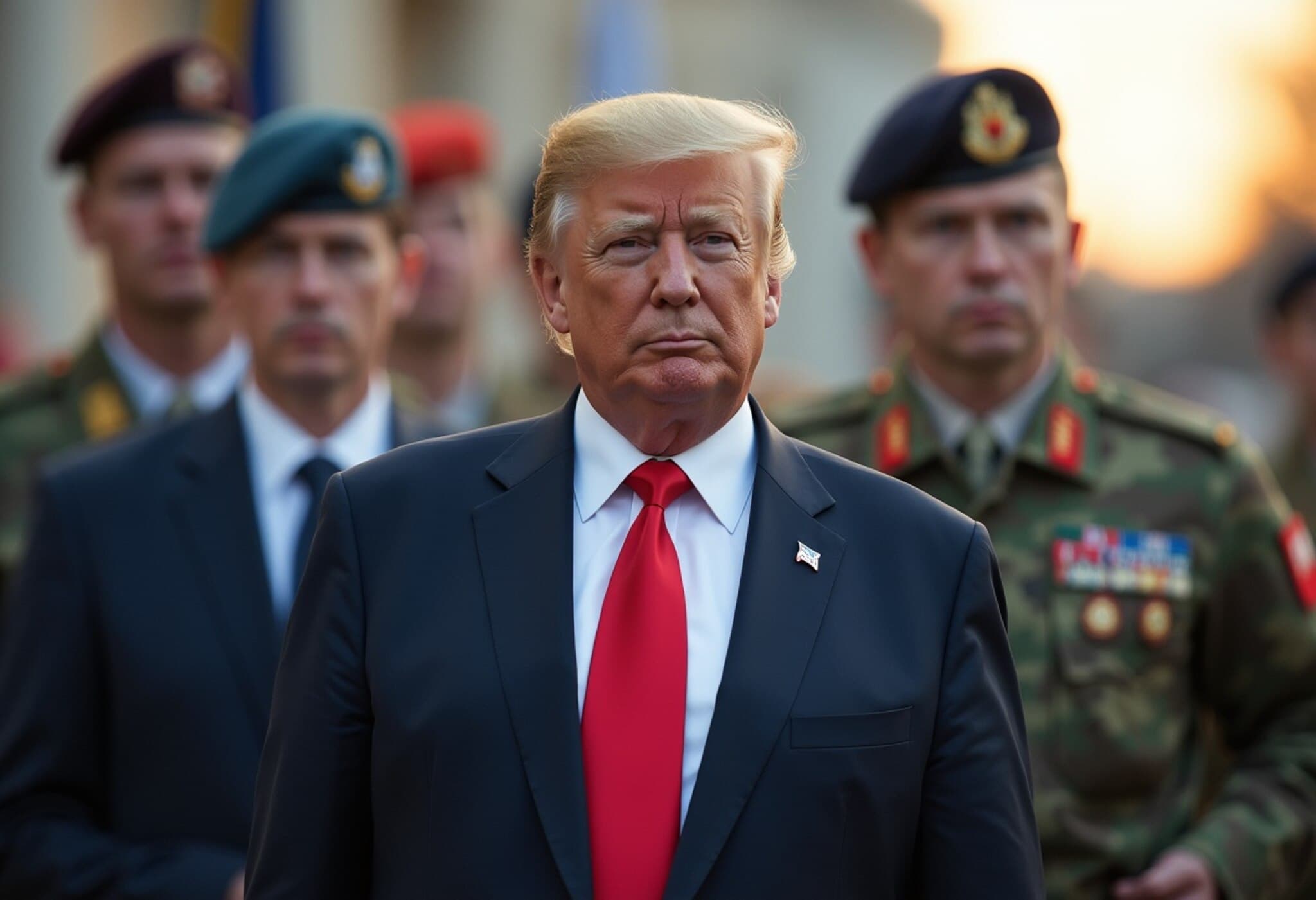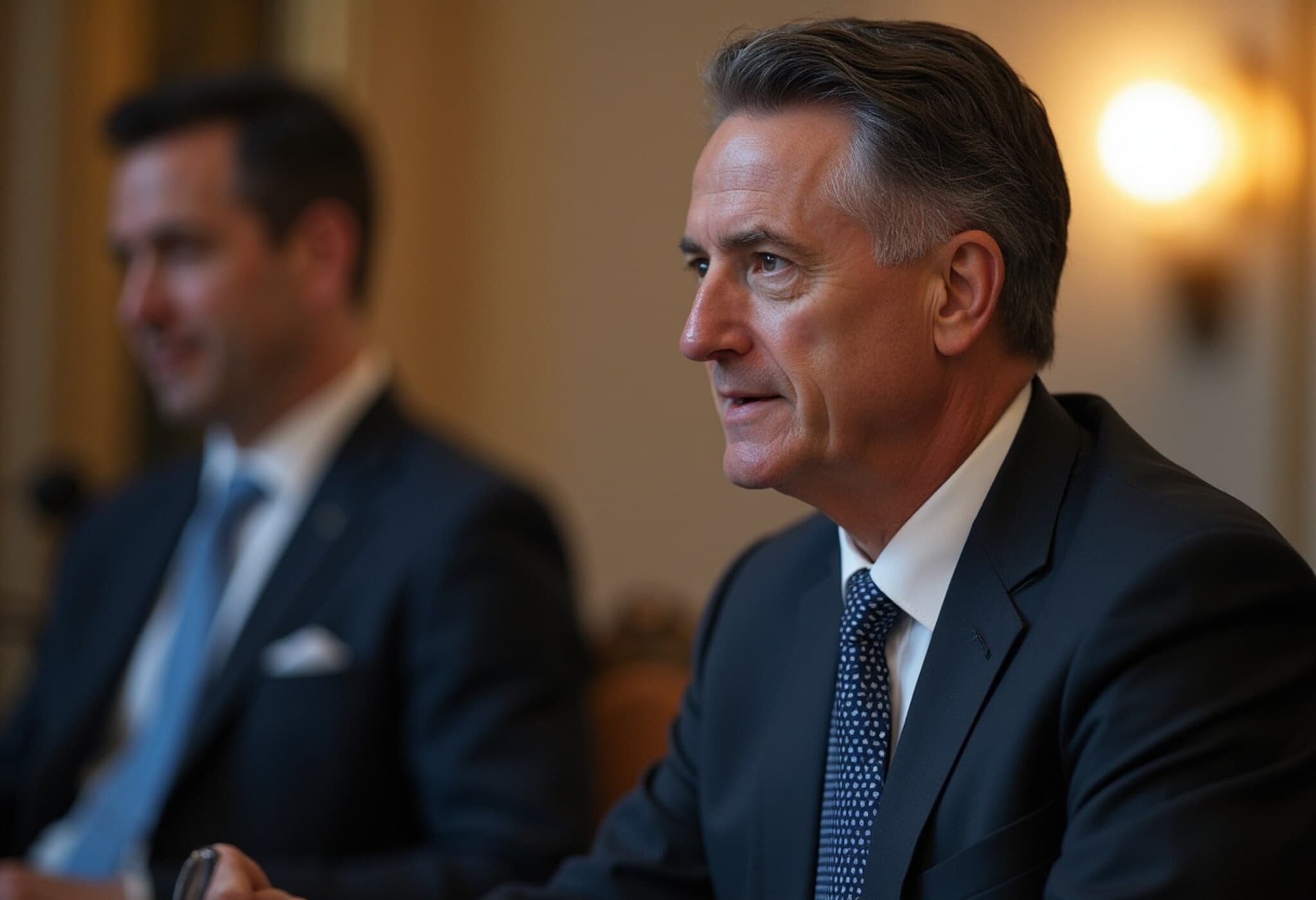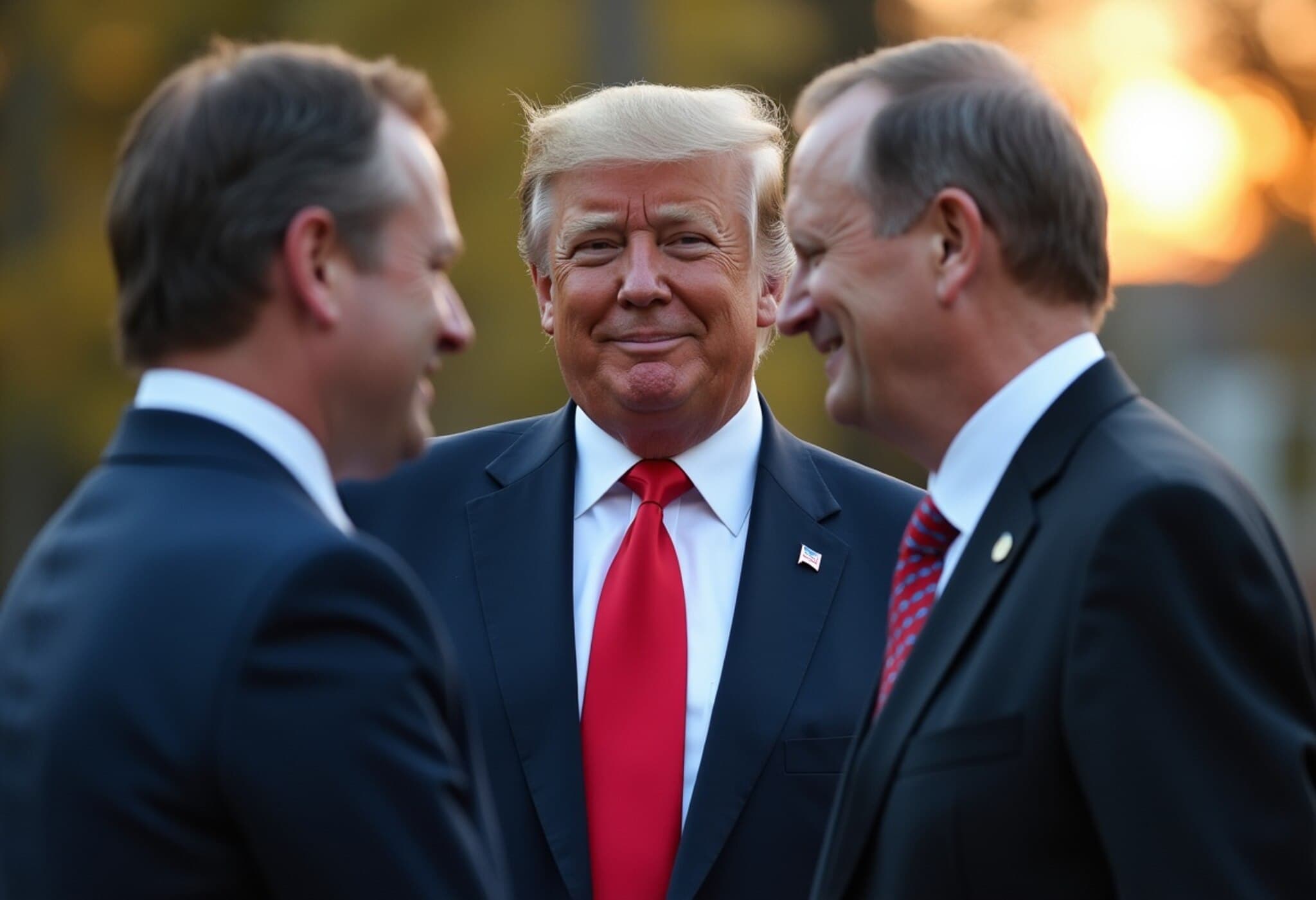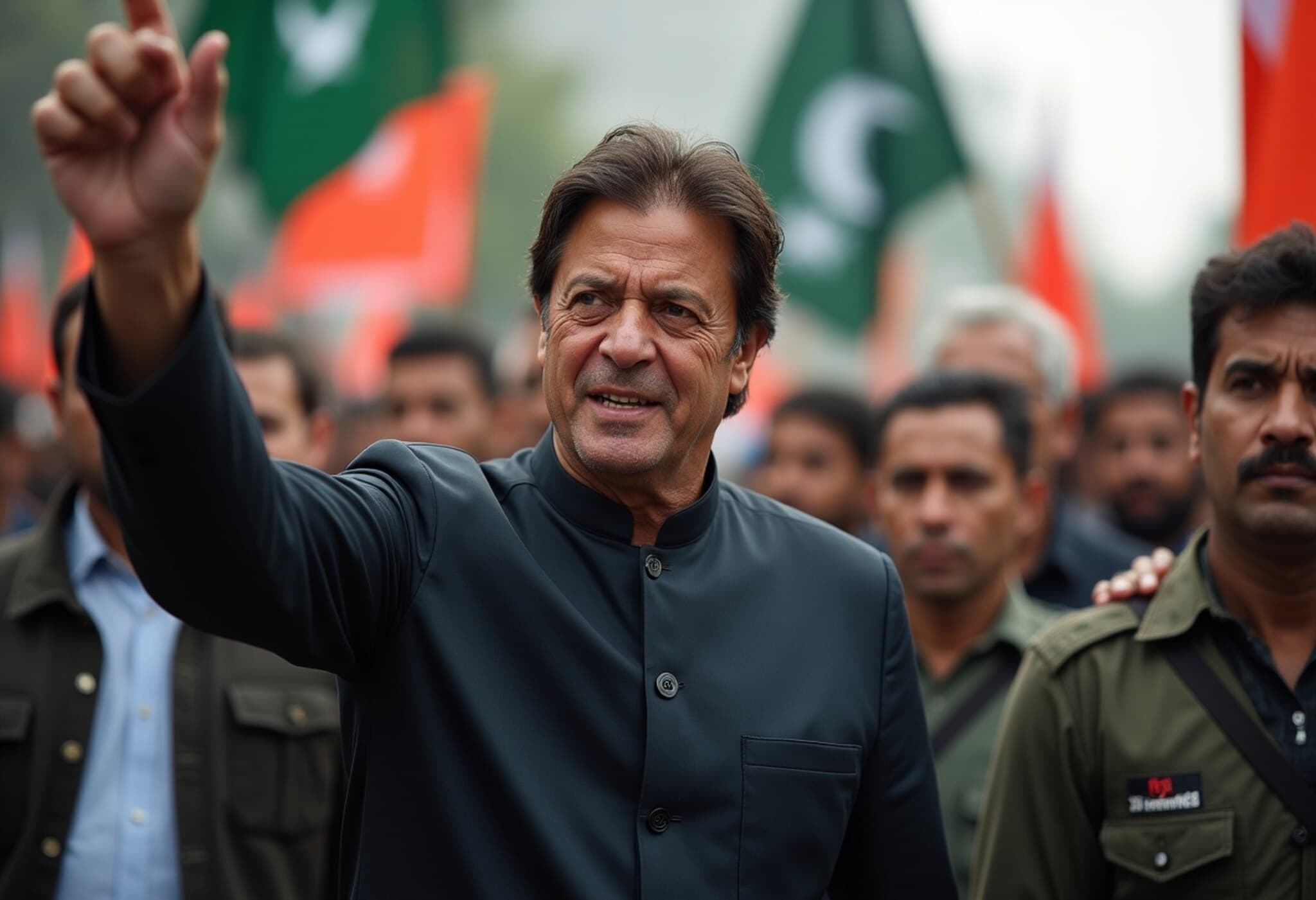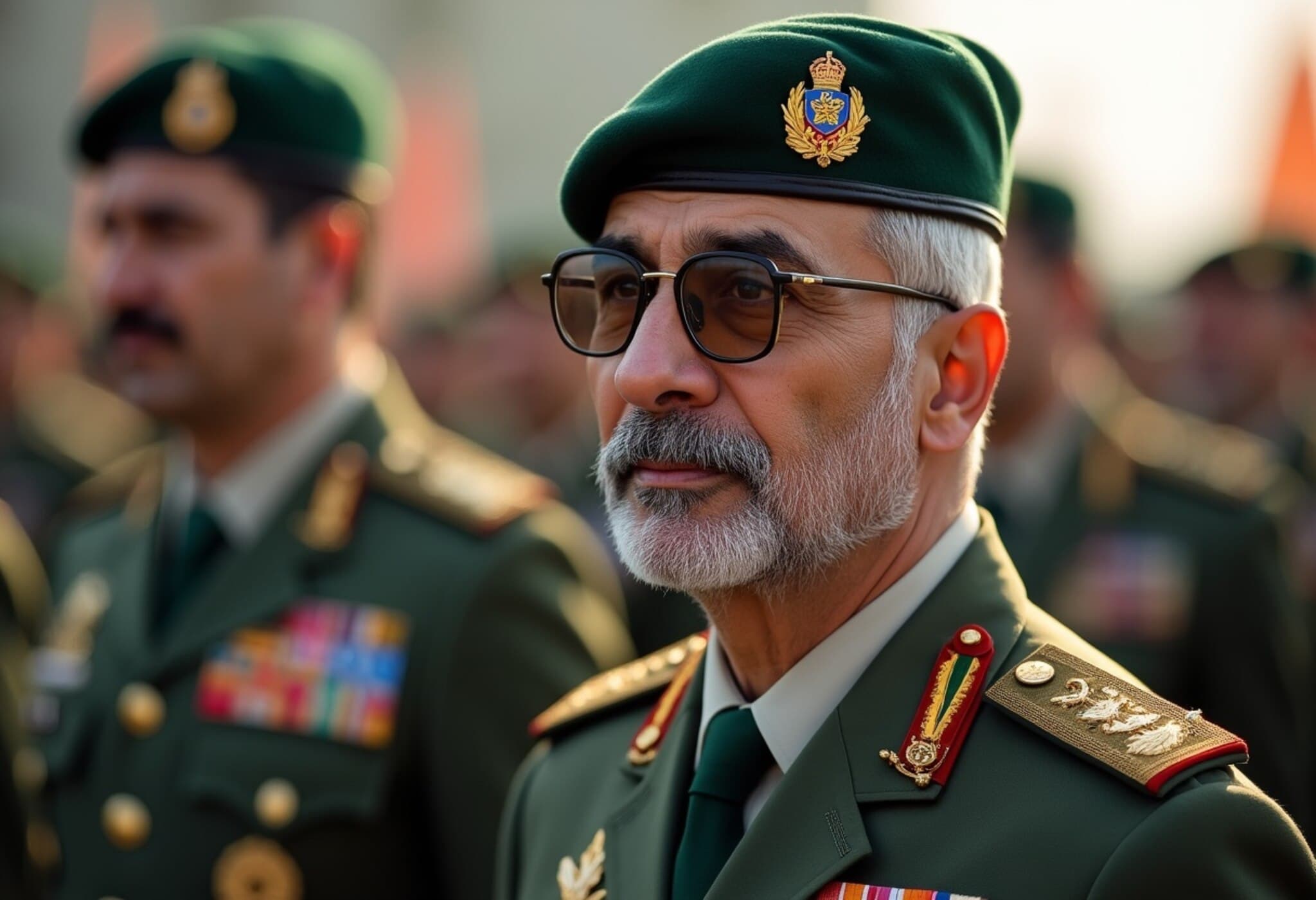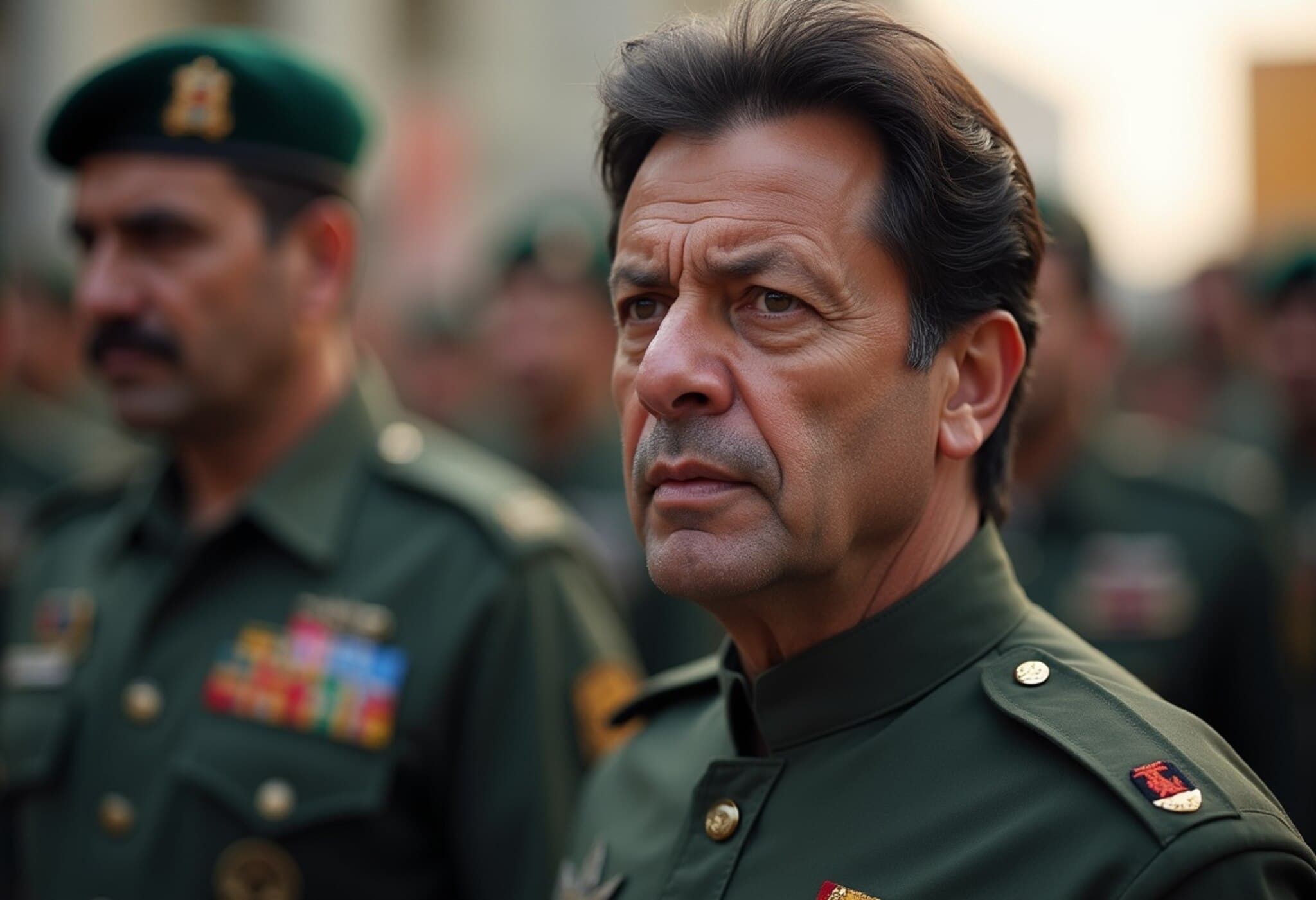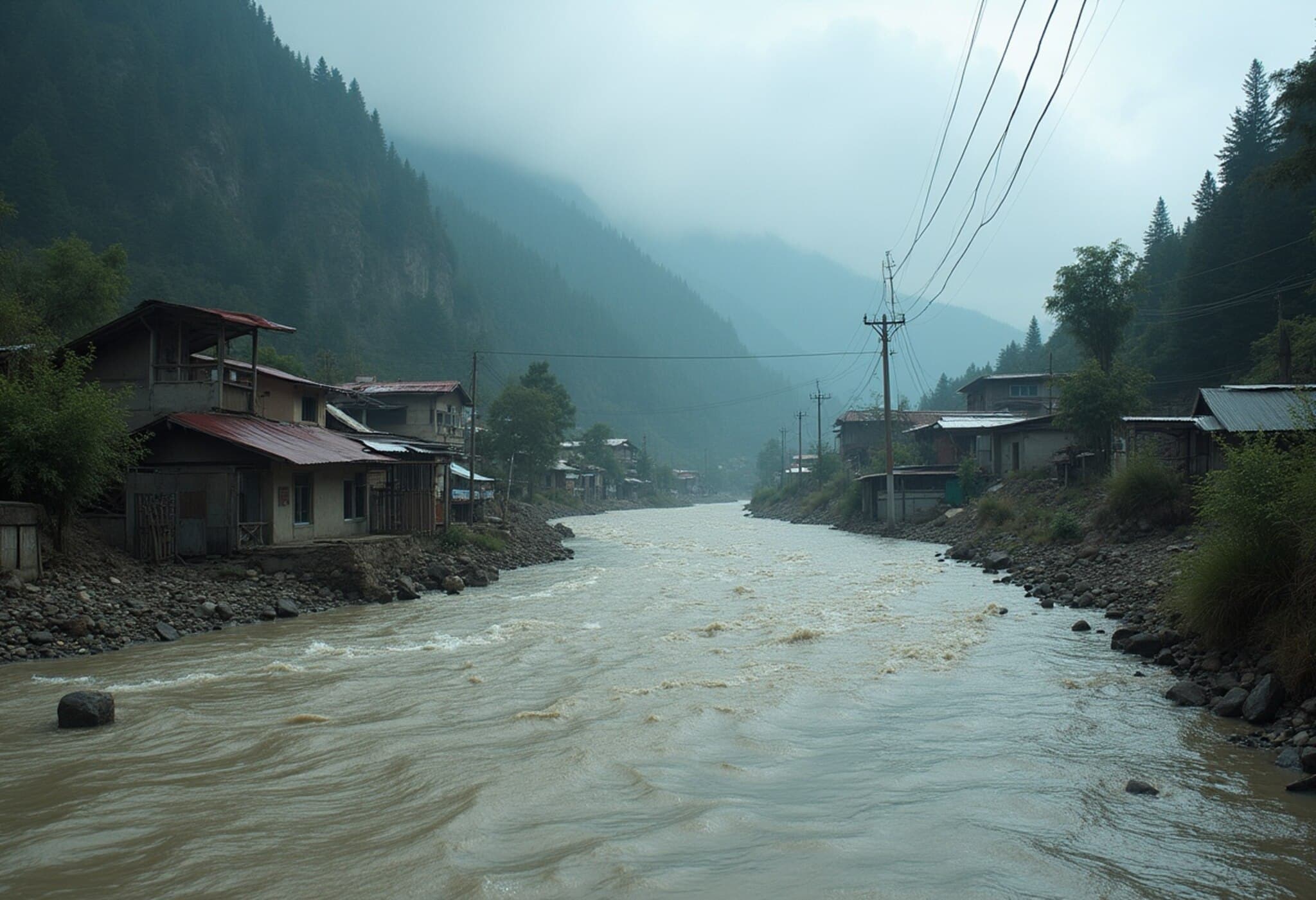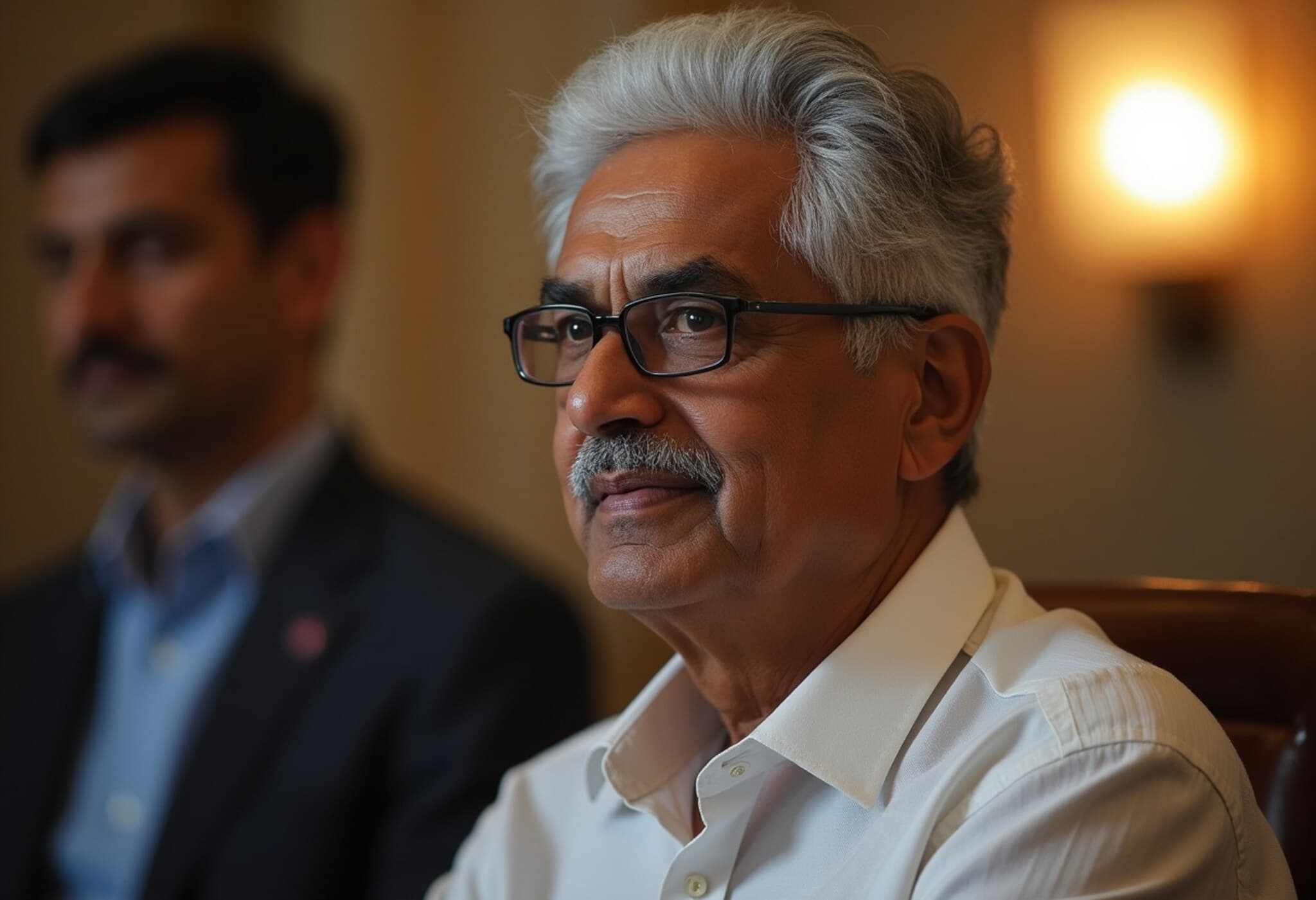Pakistan Supreme Court Grants Bail to Former PM Imran Khan in Eight May 9 Riot Cases
In a significant legal development, Pakistan's Supreme Court has approved bail for former Prime Minister Imran Khan, the founder of Pakistan Tehreek-e-Insaf (PTI), in eight cases related to the May 9 riots. This relief from the highest court marks a major milestone after Khan spent over two years in custody.
The Judicial Decision and Context
The Supreme Court’s decision came from a three-member bench led by Chief Justice of Pakistan (CJP) Justice Yahya Afridi, alongside Justices Hasan Azhar Rizvi and Muhammad Shafi. They were hearing Khan’s appeal against the Lahore High Court’s (LHC) earlier dismissal of his bail petitions. Those petitions were rejected in June 2025 in connection with multiple cases arising from the unrest and violent incidents on May 9, including an attack on the historic Jinnah House in Lahore.
Inside Khan’s Legal Plea
Khan’s legal team argued that the allegations linking him to the riots were baseless. A crucial point in their defense was that Khan was in custody under NAB (National Accountability Bureau) at the time the disturbances occurred, which legally precludes his involvement. The plea also questioned the reliability of the police’s evidence citing “contradictions” in prosecution statements and suggested that some actions were taken with mala fide intent, particularly highlighting a five-month delay in Khan’s arrest and the related investigation.
Prosecution’s Position and Court Deliberation
During the hearing, the prosecution, represented by lawyer Zulfiqar Naqvi, presented what they described as compelling evidence: testimony from three witnesses, photogrammetric analysis, voice matching tests, and WhatsApp messages purportedly implicating Khan. However, the defense countered that the evidence was insufficient and the prosecution’s case had inconsistencies.
Chief Justice Afridi scrutinized the prosecution’s claims and warned that non-cooperation with court-ordered forensic tests could have legal consequences. Meanwhile, Khan's lawyer, Salman Safdar, emphasized procedural issues, noting that the formal challan (charge sheet) mentioned Khan in only three out of the eight FIRs related to the cases. The Chief Justice further indicated concerns over how premature judicial observations on case merits might unduly influence ongoing trials.
Implications for Pakistan’s Political and Judicial Landscape
The Supreme Court’s bail approval is a momentous event, not just legally but politically. Imran Khan, a figure who has deeply polarized Pakistan’s political environment, has been a central player in national politics and the drive for reform through PTI. His prolonged incarceration has sparked major political debates around judicial impartiality, the separation of powers, and freedom of political expression in Pakistan.
The May 9 incidents themselves were emblematic of escalating tensions in Pakistan’s fragile political fabric. How the judiciary navigates such politically charged cases impacts public confidence in the rule of law and democracy in the region. This bail decision might pave the way for a more detailed inquiry into the events of May 9, potentially offering answers that are widely awaited by Pakistan’s citizens.
Expert Commentary
Legal analysts observe that the Supreme Court's move signals a cautious balancing act — ensuring due process without appearing to shield political figures. The emphasis on investigating procedural integrity and evidentiary contradictions shines a light on systemic challenges within Pakistan’s investigative agencies.
Moreover, from a broader policy perspective, this case underlines the vital need for transparent legal processes amid politically motivated prosecutions. It also prompts critical questions about how judicial systems worldwide contend with cases where politics and law intersect with profound public consequences.
Editor’s Note
The Supreme Court’s decision to grant bail to Imran Khan in multiple cases connected to May 9 riots offers a pause for reflection on Pakistan’s judiciary and political state. It raises pressing questions about evidence integrity, the rights of political prisoners, and the delicate balance between security and justice. As the legal process unfolds, observers will watch closely how accountability and fairness shape Pakistan’s democratic journey.

